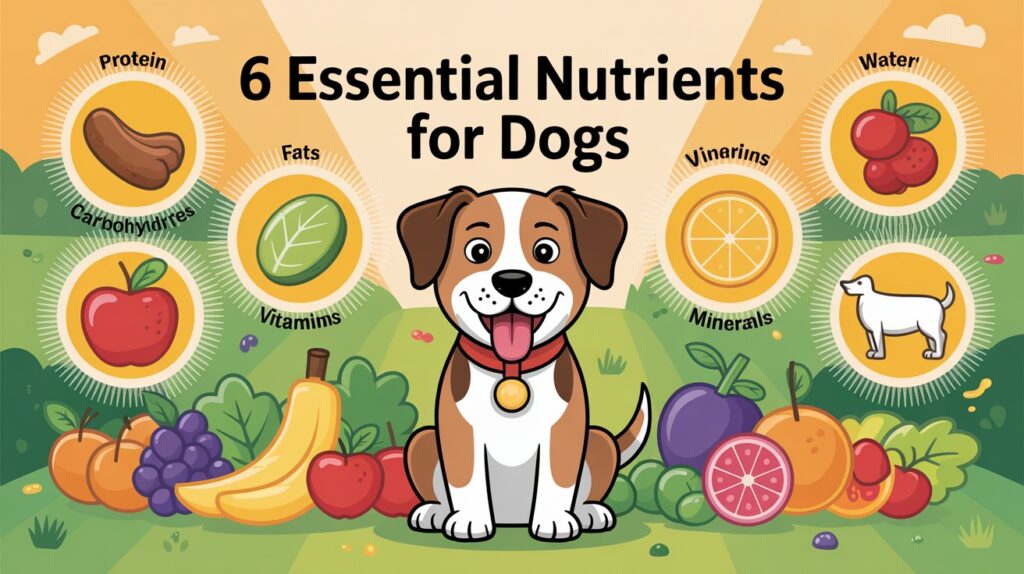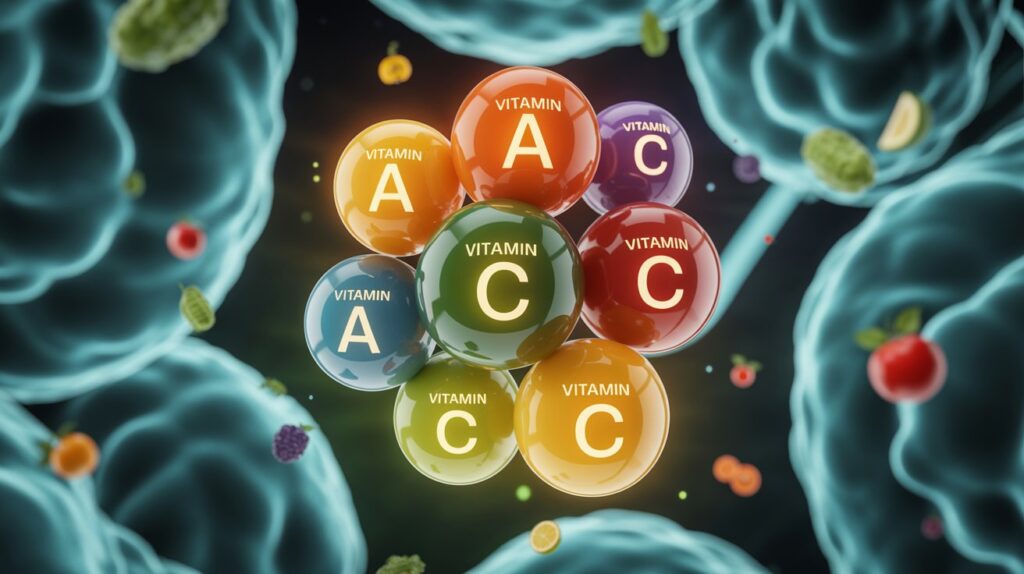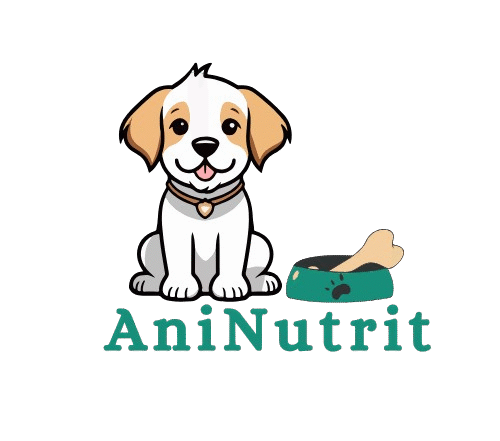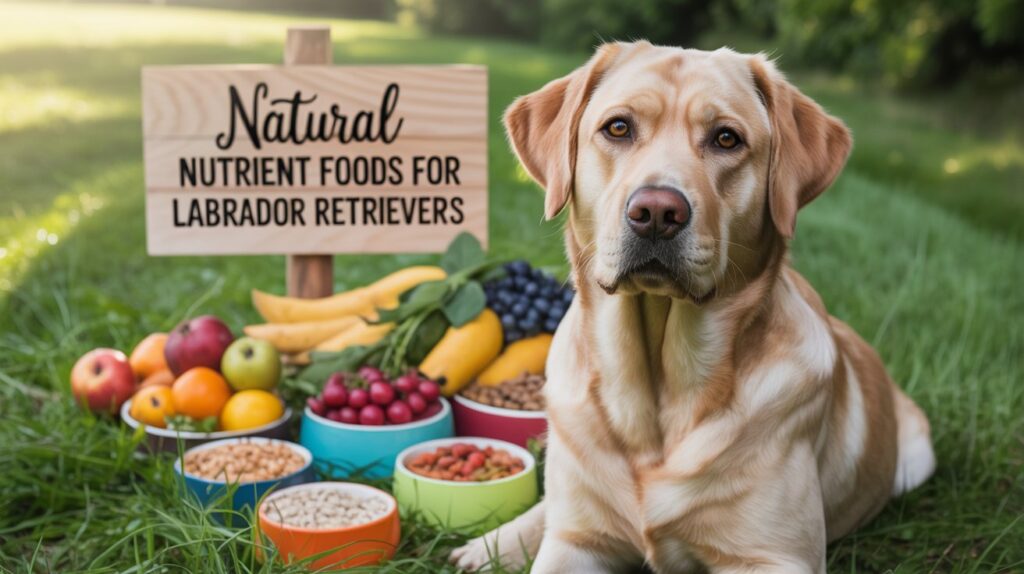Just like humans, dogs need balanced diet to thrive. Whether you are feeding a commercial dog food or preparing homemade food, it is important to understand what goes into keeping your furry friend healthy. The center for Canine Nutrition has 6 essential nutrients for dogs. These nutrients fuel their energy, aid in growth, and help maintain everything from a shiny coat to a strong immune system.
Lets explore what these six key nutrients are, why they are important, and how you can make sure your dog is getting what they need especially if you are preparing food at home.

6 Essential Nutrients for Dogs
Every dog, regardless of breed, age, or activity level, needs the same basic nutrients. The amounts required vary based on their life stage and health status. The six essential nutrients for dogs includes protein, fat, carbohydrates, vitamins, minerals, and water. Here is a breakdown of each and how they support you pets well-being.
1. Protein: The Building Block of Life 6 Essential Nutrients for Dogs
Protein is most important nutrient in a dogs diet. It builds and repairs tissues, supports healthy muscles, and aids in hormone production. Dogs, puppies and active breeds, need plenty of high-quality protein.
Sources:
- Chicken, beef, turkey
- Fish
- Eggs
- Lentils and chickpeas (for supplemental plant-based options)
Protein should be a key ingredients in any dogs food, especially when preparing essential nutrients for dog food at home. Always make sure the protein is cooked properly to avoid harmful bacteria.
2. Fats: Essential for Energy and Coat Health 6 Essential Nutrients for Dogs
Often misunderstood, fats are actually one of the most essential nutrients for dogs. They provide more than twice the energy of protein or carbohydrates and help your dog absorb fat-soluble vitamins such as A, D, E, and K.
Benefits:
- Supports brain function
- Promotes a healthy coat and skin
- Aids in body temperature regulation
Sources:
- Fish oil (rich in omega-3s)
- Chicken fat
- Flaxseed oil
When choosing the best nutrients essential powder for home dog food, choose products that contain healthy fats such as salmon oil or coconut oil to meet fat needs.
3. Carbohydrates: A Source of Fiber and Energy
Although dogs do not have a strict biological need for carbohydrates, they do benefit from them in moderation. Carbohydrates provide energy and dietary fiber, which help with digestion.
Sources:
- Brown rice
- Sweet potatoes
- Barley
- Peas and carrots
Whole food sources are the best, especially when preparing meals at home. A mix of protein and carbohydrates is best for sustaining energy throughout the day.
4. Vitamins: Small Nutrients with Big Impact 6 Essential Nutrients for Dogs
When we talk about essential vitamins and nutrients for dogs, vitamins are at the forefront. They regulate bodily functions, support immunity, and help the body convert food into energy. Dogs need both fat-soluble and water-soluble vitamins.

Important Vitamins:
- Vitamin A: Vision, growth, immune system
- Vitamins D: Bone health and calcium absorption
- Vitamin E: Antioxidant support
- B-complex: Energy metabolism and nervous system health
- Vitamin C: Though dogs produce some on their own, extra amounts can help during stress or illness.
Sources:
- Liver
- Leafy greens
- Eggs
- Blueberries
For those making homemade dog food, it can be difficult to ensure the right amount of vitamins in each meal. This is where the best nutritional powders for homemade dog food can be extremely helpful, especially blends that are AAFCO compliant.
5. Minerals: The Silent Workhorses of Health
Often overlooked, minerals are just as important as vitamins. They support a wide range of functions, from bone development to nerve transmission and fluid balance. The key is to maintain the right balance of macro and trace minerals.
Essential Minerals for Dogs:
- Calcium & phosphorus: Bone and teeth health
- Zinc: Skin and coat health
- Magnesium: Muscle and nerve function
- Potassium & Sodium: Hydration and organ function
Sources:
- Meat and bone meals
- Vegetables
- Supplements
For pet owners feeding home-cooked meals, understanding essential nutrients minerals for dogs is crucial. Many mineral imbalances can occur with an improperly balanced homemade diet, so consult a doctor or nutritionist before switching.
6. Water: The Forgotten Nutrient
Water is often left out of nutritional lists, but it is absolutely essential. It makes up about 70% of a dogs body and plays a role in every biological process.
Why It Matters:
- Help regulate body temerature
- Aids digestion and nutrient absorption
- Flushes toxins from the body
Always provide your dog with fresh, clean water. If you are feeding dry kibble or dry homemade food, increase the availability of water to prevent dehydration.
Also, read about: Balanced Animal Diet
How to Ensure Adequate Nutrition in Domestic Dog Food
If you are making your dogs food at home, the stakes are a little higher. While it is a cute and beneficial choice, it is also easy to miss out on important nutrients.
Tips:
- Consult with a veterinarian or canine nutritionist.
- Use AAFCE-approved or supplement blends.
- Invest in the best nutrient-rich powders for homemade dog food to fill nutritional gaps.
- Rotate ingredients to offer a broad nutritional profile.
Conclusion
Feeding your dog is not just about filling the bowl it is about overall health. By understanding these 6 essential nutrients for dogs, you can help your pet live a long, happy life. Whether you stick with a commercial diet or go the homemade route, the goal is the same: balanced nutrition that meets your dogs unique needs.
You dog is counting on you to make the right choices, so the next time you are planning a meal or picking up food at the store, remember the importance of essential vitamins and nutrients for dogs, as well as the minerals in essential dog foods that keep their tails strong.
FAQs
1. What are the daily essential nutrients for dogs?
Dogs need six essential nutrients every day: protein, fat, carbohydrates, vitamins, minerals, and water. These support their energy, immunity, bone health, and overall well-being.
2. Dogs require how many essential nutrients for survival?
Dogs need six essential nutrients to survive. These are important for maintaining vital bodily functions and must be provided through a balanced diet.
3. Can homemade dog food provide all essential nutrients?
Yes, but careful planning is essential. Homemade food should contain all the essential nutrients for a homemade dog diet, possibly with the help of the best nutritional powders for homemade dog food to ensure balance.
4. What happens if a dog does not get enough nutrients?
Lack of essential nutrients can lead to health problems such as poor coat condition, low energy, weakened immunity, or even organ failure over time.
5. Do all dogs need the same amounts of nutrients?
No, nutritional needs vary depending on age, breed, size, and activity level. Puppies, seniors, and active dogs may need more or less of certain nutrients.


